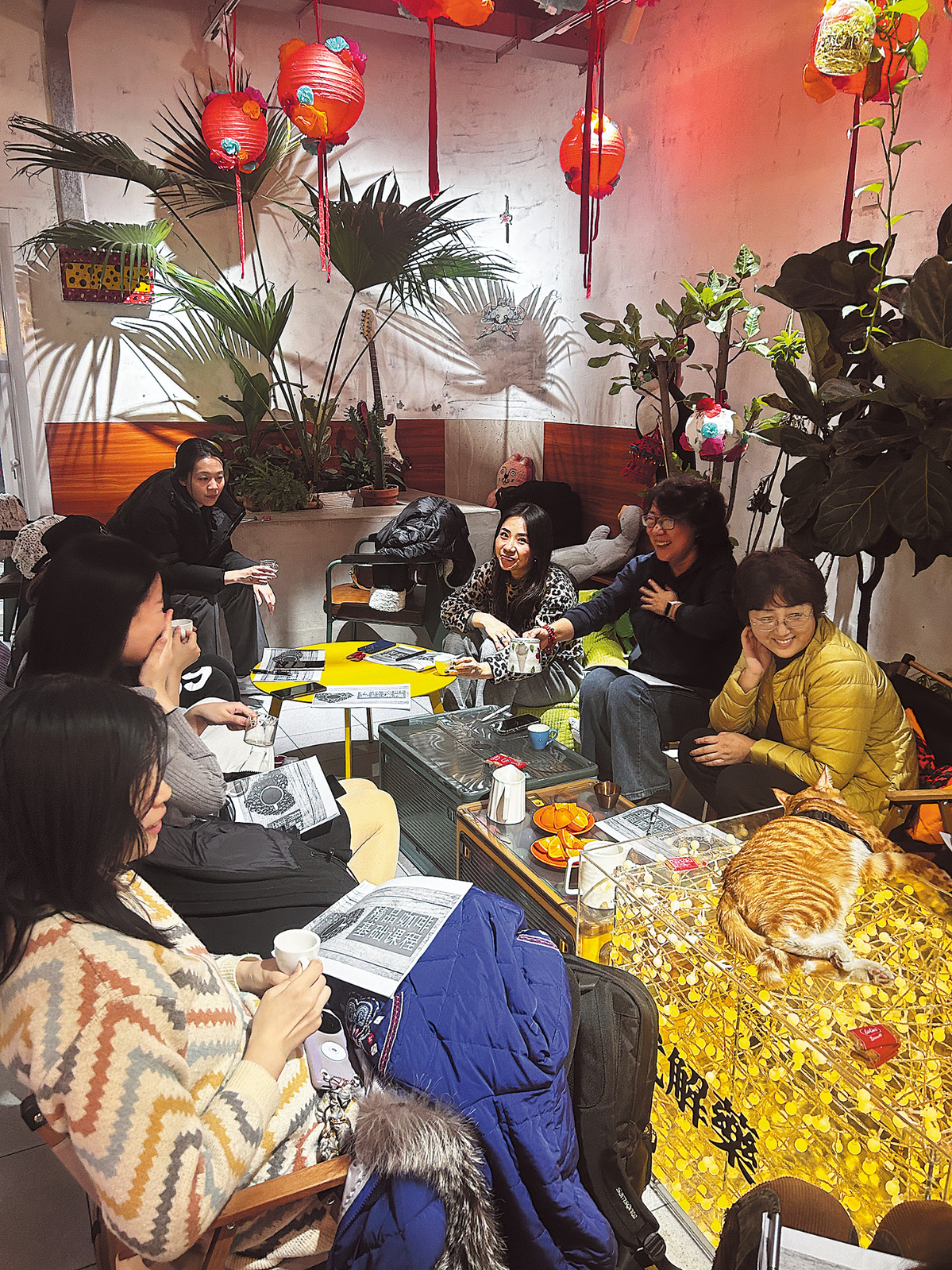Young workers head to classes after the sun sets
Night school courses attract students eager to broaden their knowledge
By Zhao Ruinan in Nanchang | China Daily | Updated: 2024-03-11 09:37

Sufficient income
Zhang Yiwu, a Chinese language and literature professor at Peking University, said many young people now have sufficient income to meet their daily needs, while still having some money left to pursue their interests.
"A significant proportion of them can maintain a good standard of living and still have time to pursue their interests. This phenomenon of enhancing personal development is not surprising — it is a natural result of social progress," he said.
Night schools are not only popular in metropolises, they are the preferred after-work destinations for young people in second- and third-tier cities.
At the start of this year, Jiang Jiumin and a friend established the Hongru Night School in Nanchang, capital of Jiangxi province. Jiang was surprised to find that many young people living in the city shared his desire for a life beyond work.
"To be honest, I started the night school for myself. I come from Shangrao city, Jiangxi, and worked in the neighboring Fujian province for several years. After returning to Nanchang a few years ago, I found that I had no friends with similar interests and ideas as myself," Jiang said.
"My childhood friends and classmates now have their own families, and it's hard to make friends with new colleagues in Nanchang."
Jiang decided to establish a part-time night school to help young people facing similar challenges expand their social circles.
"I was initially worried that night school courses in a second-tier city would not attract enough students, but I was proved wrong," he said.
A few days after Jiang posted details about the night school courses on Xiaohongshu, he received hundreds of messages inquiring about the classes.
"There is real demand among young people today to reconstruct their cultural lives and cultivate their interests after work," Jiang said.
Moreover, he believes that sharing is the core concept of night school courses.
In addition to teachers from professional training institutions and educational organizations working part-time at the Hongru Night School, Jiang encourages individuals with specific skills to share their expertise.
"For example, if a student has been honing his or her skills in a particular field for many years and has valuable insights, we encourage the student to open up a class and share this knowledge. This not only provides an opportunity to learn, but also a chance to make like-minded friends through sharing and discussion," Jiang said.
Fan Yechao, an associate professor at Minzu University of China's School of Ethnology and Sociology in Beijing, said night schools offer specialized spaces and professional equipment, creating a social space for city residents who share similar interests. This, in turn, promotes the formation of new interest groups.
"Although online interest communities are popular, they cannot replace the emotional satisfaction of face-to-face interaction. People still crave in-person deep communication with like-minded individuals," Fan said.
























